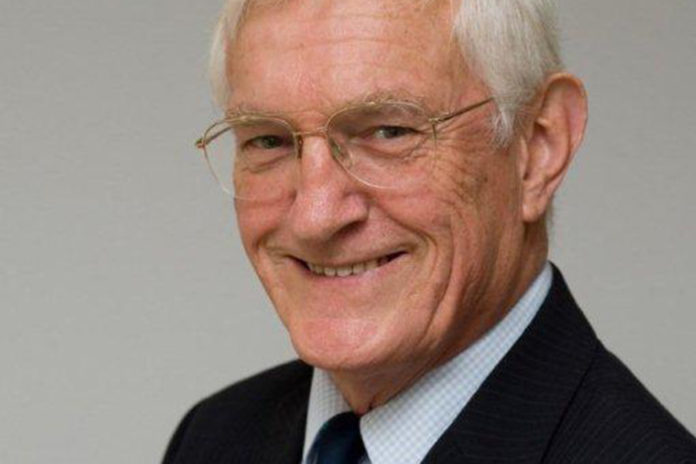
The position of the Ship Master is showing[ds_preview] evidence of strain in the light of 21st century ship operation and management, London Shipping Law Centre (LSLC) finds. The Master’s traditional authority is widely perceived as being diminished while responsibility is being increased, frequently in matters over which he has little or no control.
»Is the role of the Master under attack? How has his authority and responsibilities been affected in an age of instant communication between ship and shore, and a growing volume of laws and regulations affecting the way the Master runs his ship?«, LSLC asks.
Michael Grey, LSLC Council member and former seafarer, has no doubts about the growing difficulties facing Ship Masters. He cites external interference in loading and stowage, course, speed and performance decisions, sometimes overriding the Master’s safety concerns and backed by bullying. There are increasing instances where the Master is held as a »legal hostage«, when local and port authorities, sometimes corrupt, find something wrong with the ship, its operations and its cargo.
With an estimated 150,000 new merchant officers required in the global shipping industry by 2025, Mr Grey is concerned that these factors could well discourage those contemplating a career at sea and ultimate command.
Captain Kuba Szymanski, Secretary-General of Intermanager, who will moderate the 14th Cadwallader Debate on October 26 organised by LSLC, said: »Hierarchy is vital to a vessel’s performance, as clear decisions are fundamental to a ship’s performance and the safety and integrity of crew, cargo and the environment. Ever since all shipping companies had to adopt the ISM Code, we have seen a transfer of authority from ship to shore personnel who are making more key decisions. Yet the Master remains formally responsible for factors which he does not control.«

















